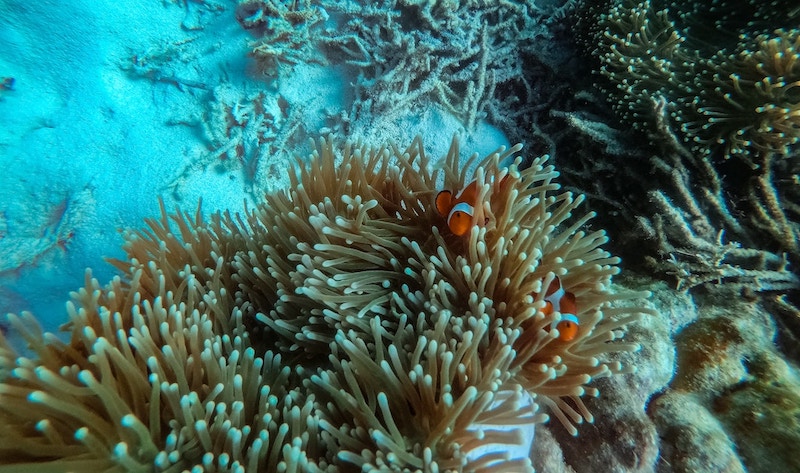Remember when Marlin in the animated adventure film “Finding Nemo” asked, “What’s the one thing we have to remember about the ocean?”
“It’s not safe,” Nemo answered.
Sadly, Nemo may soon go extinct after scientists have discovered that clownfish can no longer adapt to climate change.
In a report by Agence France-Press (AFP) on Tuesday, a team from France’s National Centre for Scientific Research (CNRS), along with other scientists, reported that clownfish are picky when choosing their mates after a more than 10-year observation of clownfish concentration around the Kimbe Island off Eastern Papua New Guinea. The International Union for Conservation of Nature stated in a study that although the Great Barrier Reef in Australia has a number of unique species of anemonefish or clownfish, most of its kind can be found in Papua New Guinea.
Clownfish live in anemones or underwater terrestrial flowering plants. But the threat of climate change and pollution to corals is tipping the scale against these aquatic florae and fauna.

Coral reefs support 25 percent of all marine life, including 800 species of reef-building corals and more than one million animal and plant species. But with the effects of drastic activities resulting from climate change, coral reefs continue to decline over the years—making it harder for its dependents such as anemones and clownfish to adjust.
“The reproductive success of a population is what guarantees (its ability) to adapt,” CNRS researcher Benoit Poujol told AFP.
Clownfish also have a particular reproductive cycle, which depends on a stable environment. Each anemone is home to a female fish, a sexually active male, and several other males who are not sexually active.

“When the female dies, the male becomes female and the largest of the non-sexually active males becomes sexually active,” Poujoul added. “The clownfish [do] not have the genetic variation which will allow it to modify its reproduction (method) if there are environmental constraints,” he added.
The decline of coral reefs isn’t the only thing affecting their survival: Rising ocean acidity levels have also been affecting the clownfish’s ability to detect chemical signals necessary for navigating to and locating their anemone homes.
Header photo courtesy of Zelvis on Unsplash
Get more stories like this by subscribing to our weekly newsletter here.
Read more:
PSA: Leave corals in the ocean
Here’s a sunscreen that corals will love
LIST: NGOs you can volunteer for to save our oceans
Writer: BEA NICOLE AMARILLE



